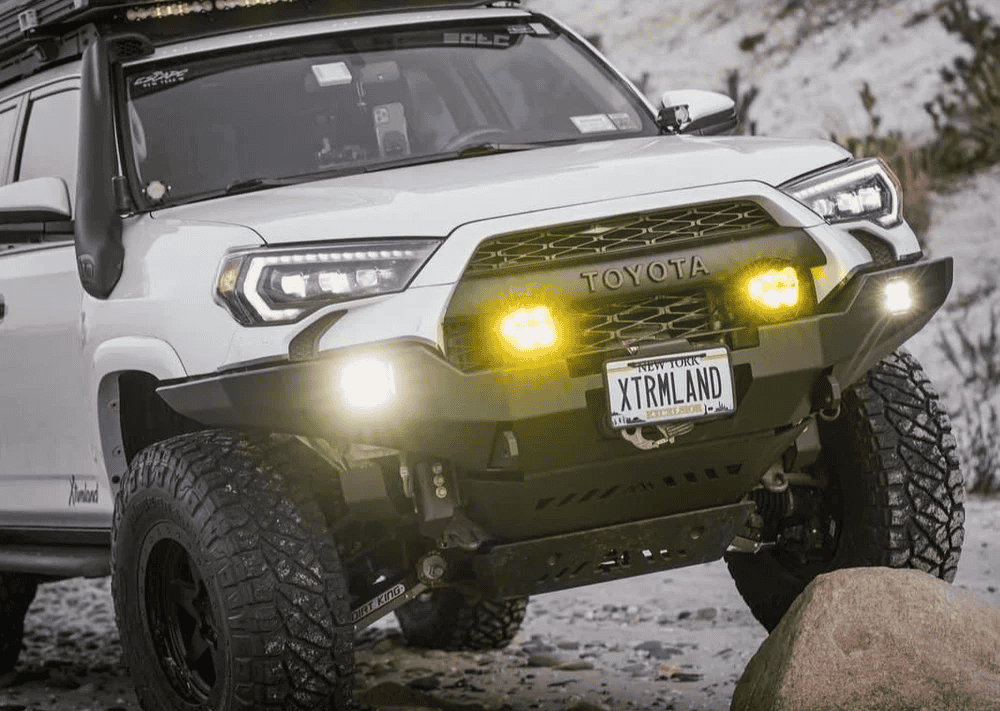Overland Vehicles

Before metal meets weld, a custom overland build consultation sets direction. The goal is to translate how you travel into specific vehicle requirements. Expect questions about trip length, passengers, seasons, altitude, terrain, and the gear you haul. From that profile, a consultant creates constraints for weight, space, range, and thermal comfort. A strong consultation prevents scope creep, ensures safety, and keeps choices grounded in reality rather than trends.
Three numbers shape every expedition rig: payload, energy, and water. Payload must respect the chassis gross vehicle weight rating while allowing margin for food, bikes, recovery gear, and spares. Energy planning starts with a daily audit of fridge draw, lights, laptops, fans, pumps, and climate devices. Water capacity follows your hygiene needs and route scarcity, balanced against weight and storage. A good consultation turns these variables into a spec you can trust.
Power, water, heat, and ventilation are the lifelines of remote travel. Your consultant should size a lithium bank from a measured daily load, then match it with charge sources such as roof solar, a high output alternator, or shore input if you frequent campgrounds. Inverters must meet surge demands, and wiring layout should prioritize serviceability. Water systems require filtration stages that match source quality, with simple winterization and easy drain points. Thermal planning blends insulation, vapor control, and safe heaters to keep air fresh and dry.
For clients who want an end to end plan that translates to a build, explore Overland rigs to see how thoughtful systems deliver real trail comfort.
Start with an energy budget, then right size battery capacity and charging so you recharge fully during typical driving windows. Ventilation is the quiet partner of comfort, moving moisture out to prevent condensation and mold. Heat sources should be sipped, not gulped, with smart controls and carbon monoxide safeguards. For water, prioritize funneled workflows, from fill to filtration to use, so daily tasks stay simple even when hands are cold and light is low.
Platform choice locks in wheelbase, roof height, and drivetrain options, which define how the vehicle fits trails, garages, and ferry rules. Suspension setup is not about lift alone. It is about spring rate, damping, and alignment that match your loaded weight and ride goals. Tire size must clear at full compression and steer without rubbing, and brakes must stop confidently at gross weight. Legal compliance matters. Height limits, lighting rules, propane storage, and electrical standards all protect you and the people you share the road with.
If you already know you want professional design and fitment help, review our Custom overland upfit process to see how a consultation becomes a build plan.
Every capable rig is a system of tradeoffs. During consultation, map priorities into phases so essential function comes first. Establish a realistic timeline with parts lead times, and build in contingency for testing and rework. Risk management includes recovery planning, spares strategy, and service access. The result is a schedule that protects quality without dragging the project into open ended delays.
Interior design should serve routines, not the other way around. Galley and prep areas need reach zones for knives, spices, and cookware. Sleep converts to lounge quickly, and storage keeps dirty items isolated from soft goods. Noise control through damping and sealing reduces fatigue on long drives. Lighting layered into task, ambient, and red night mode preserves comfort and safety after dark. A consultation should deliver drawings or mockups that help you visualize flow before parts are ordered.
A final step often overlooked is shakedown. Short trips validate energy budgets, thermal balance, and suspension tuning. Document every circuit, fuse, hose, and valve so service is simple miles from home. Keep torque specs, software settings, and maintenance intervals in one place. Good documentation turns a complex rig into a manageable tool.
For perspective on workmanship, reviews, and shop culture, see Why choose OZK to understand how experience translates to reliability on the trail.
With a clear consultation, your build becomes a roadmap instead of a series of guesses. If you want a partner who listens first and engineers second, OZK Customs can turn these planning steps into a cohesive proposal. We build in Fayetteville Arkansas, guide you through options without upsell, and hand off rigs ready for real miles. Share how you travel, and we will shape the rig around your life.
Ready to turn a vision into a road tested plan? Book your custom overland build consultation with OZK Customs in Fayetteville Arkansas. We will map your use case, engineer systems that match your style of travel, and deliver a clear proposal with budget and timeline. Tell us how you travel and we will design the rig to match.
ADDRESS:
6159 E Huntsville Rd, Fayetteville, AR 72701
PHONE:
(479) 326-9200
EMAIL:
info@ozkvans.com